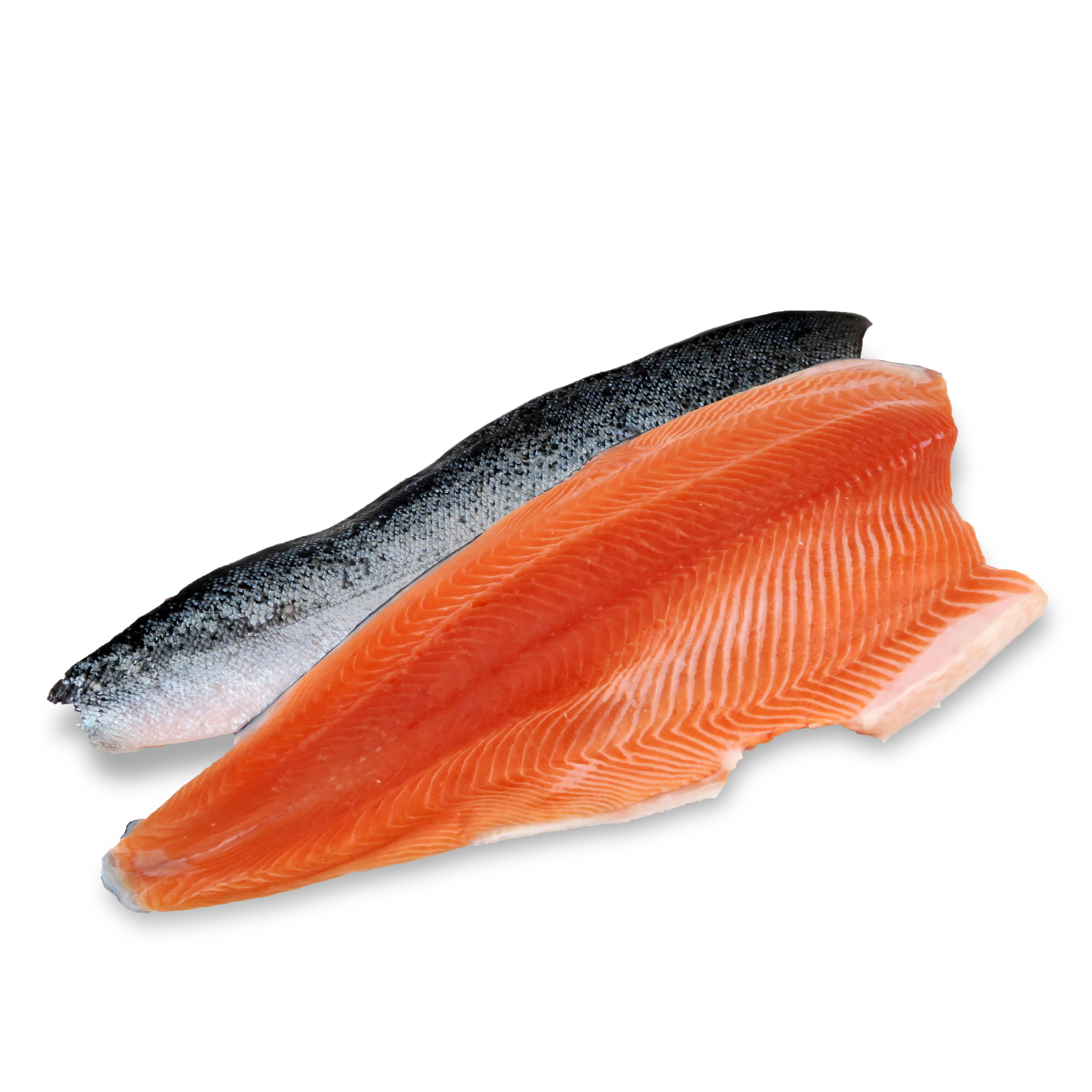As wild salmon populations have declined dramatically, Fish and Game New Zealand (FGNZ) is hosting a symposium to discuss the problem. FGNZ councillor Matthew Hall, of Ashburton, said population surveys carried out every year, including in Otago rivers, had shown significant and alarming drops in numbers since about the mid-1990s. ''The New Zealand population of sea salmon in the last 10 years has been the lowest since they were introduced in the 1900s,'' Mr Hall said.
''They were introduced in the 1890s and 1910s and they had a good population in the 1930s, like a curve going up. ''They started to stall by 1995 and dropped away.'' Such is the concern, FGNZ's Central South Island and North Canterbury councils are hosting a two-day ''Turn the Tide'' symposium in Ashburton on November 11 and 12.
Mr Hall said they wanted to bring together representatives from all interested groups and had also invited a speaker from the United States to talk about the problems tthere, ''for a global perspective''.
The first day would include speakers providing information about population trends in each of the relevant rivers, the state of the rivers, the health of the oceans and the food chain, as well as the direct and indirect impacts of climate change.
''We will also look at the political side, and effects of the Resource Management Act, as well as the impacts the developments of communities have had on wild salmon runs, and where hatcheries fit in.'' There would also be discussion on irrigation, and guests would talk about the commercial sea fisheries and salmon by-catch, Mr Hall said. There would also be a discussion about how to solve the problem. ''The main question is where do we take the salmon species from here? ''Along the Canterbury coastline the water temperature is changing. Some species are changing as well as we get kahawhai from the north and we have even had king fish, which is another species associated with warmer waters.''
Contact Energy's head of hydro-generation for Clutha and Roxburgh, Boyd Brinsdon, said the company had introduced salmon smolt into the Clutha River below the Roxburgh dam for about five or six years, most recently in 2016. He said now there were questions about the efficacy of the project and it was working with FGNZ to look at other options.
Source: Otago Daily Times, 5 Nov 2017
https://www.odt.co.nz/business/farming/symposium-focus-salmons-sharp-de…

- Login om te reageren
